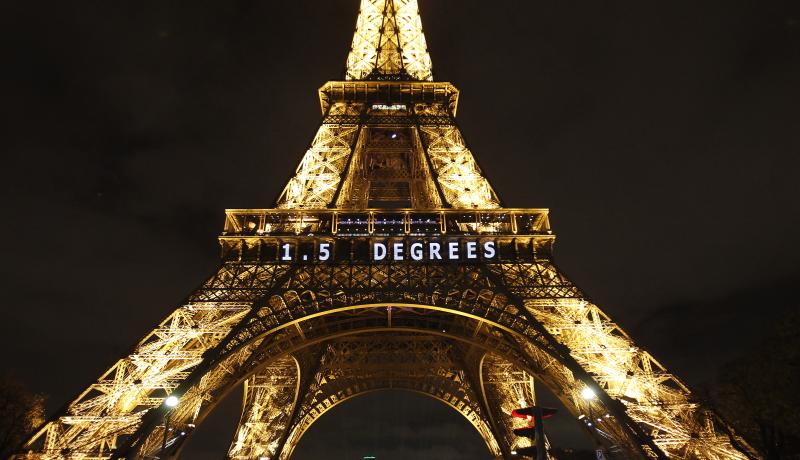The question breaks down into two parts:
- For what public benefit? —and—
- No, it cannot be achieved in this way
Governments are in the business of regulating certain activities—hopefully in an effort to serve the public good. In the case of business methods and activities, their goal is to maintain an orderly marketplace; one that is fair, safe and conducive to economic growth.
But regulation that lacks a clear purpose or a reasonable detection and enforcement mechanism is folly. Such regulation risks making government seem arbitrary, punitive or ineffective.
«— This is money. It is not a promissory note, a metaphor, an analogy or an abstract representation of money in some account. It is the money itself. Unlike your national currency, it does not require an underlying asset or redemption guarantee.
Bitcoin is remarkably resistant to effective regulation because it is a fully distributed, peer-to-peer mechanism. There is no central set of books, no bank to subpoena, and no central committee to pressure (at least not anyone who can put the genie back into the bottle). In essence, there is no choke point or accountable administrative party.
Sure—it is possible to trace some transactions and legislate against ‘mixers’ and other anonymization methods—but there is no way to prevent a transaction before it occurs or to know the current distribution of assets. Bitcoin can exist as a printed QR code and it can be transmitted from a jail cell with a blinking flashlight. Sending bitcoin from Alice to Bob has no intermediary. Settlement requires only that one of the parties eventually has access to the Internet. But, there is no credit authority or central asset verification. [continue below image]…

If you are thinking of legislating against the use of Bitcoin, you might as well pass laws to ban the mating of feral cats or forbid water from seeping into underground basements. These things are beyond the domain of human geopolitics. You can try to shape the environment (e.g. offer incentives to cats and water levels), but you cannot stop sex or seepage.
Fortunately, Bitcoin is not a threat to governments—not even to spending or taxation. A gross misunderstanding of economics and sociology has led some nations to be suspicious of Bitcoin, but this improper perception is abating. Governments are gradually recognizing that Bitcoin presents more of an opportunity than a threat.
I have written more extensively on this issue:
Philip Raymond is co-chair of Cryptocurrency Standards Association, MC for The Bitcoin Event in NY and board member for Lifeboat Foundation. This fall, he will teach Cryptocurrency and The Blockchain in Massachusetts.










